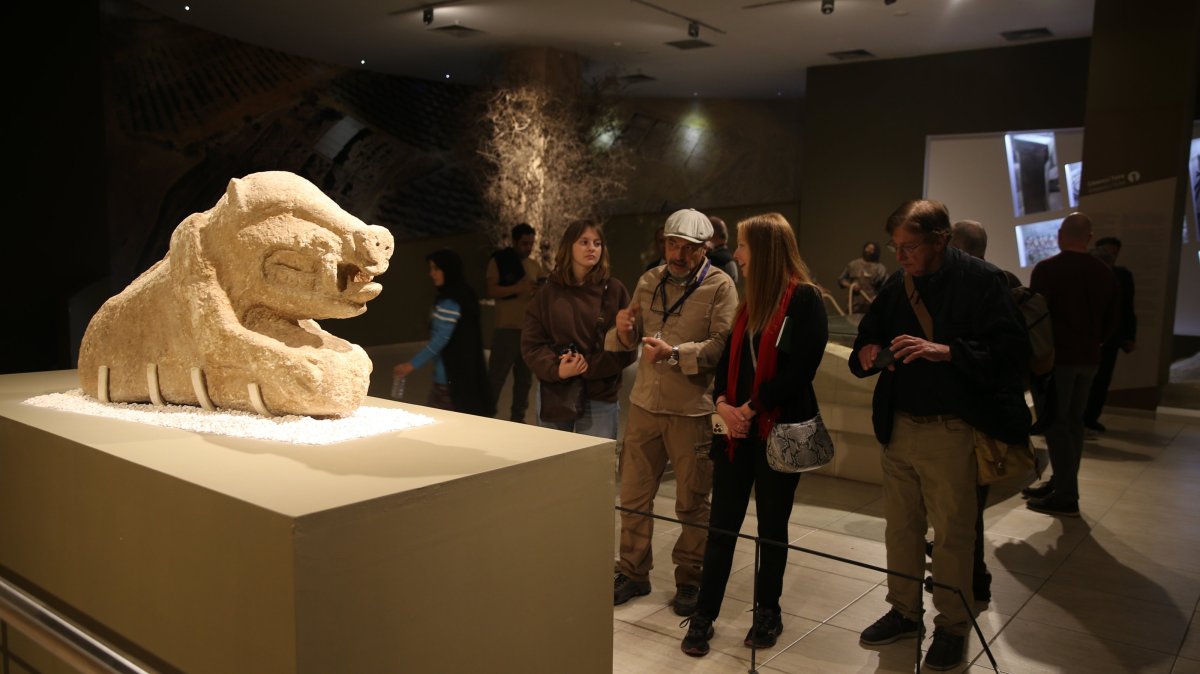Photo: Contributed
Alan Whitman with his telescope
Millions of people are flocking to parts of eastern Canada to take in a total solar eclipse on Monday, April 8, including some enthusiasts from the Okanagan.
Penticton’s Alan Whitman survived a train crash and had to hitchhike to see his first eclipse more than 60 years ago. Now Whitman is on his way to Niagara Falls to hopefully witness the celestial phenomenon for the 11th time. He caught the bug when he was just 16.
“It makes enough of an effect on you that I know the date. I’ve never forgotten the date July 20, 1963, and where I saw it in Quebec, it lasted only 63 seconds,” said Whitman, who is a contributing editor for Sky&Telescope magazine.
Getting there wasn’t without it challenges for the then 16-year-old who lived in New Brunswick..
“Crossing the Mirimichi River — which is a big wide river in New Brunswick — at about 4 o’clock in the morning, we had a train wreck,” explained Whitman.
He wasn’t hurt but didn’t make it in Montreal in time to catch a ride with other amateur astronomers he was meeting at McGill University. So, he stuck out his thumb and hitchhike to the small Quebec town where the eclipse would be visible.
The retired weather man says his next one wasn’t until 1979, when he and his wife drove from their home in Kelowna to Oregon. Having their vehicle proved to be the key to seeing totality.
They were set up near an observatory hoping for clouds to clear, but realized they had to jump in their vehicle and drive further up the highway to get the best view.
“We found out how fast our car could do zero to 60 and drove just a mile north and we saw the eclipse in clear sky, great eclipse. It was fairly short too. Only about two-and-a-half minutes, but it was better than the 63 seconds of my previous one,” notes Whitman.
The furthest he’s travelled to see an total eclipse is the South Pacific. He’s also been to China, Chile and Turkey and hopes to see the event again in Egypt in 2027.
Vernon resident Marc André Nadeau is an undergraduate in astrophysics and he’s made the commitment to fly east to take in the incredible sights of what will be his first ever solar eclipse with family and friends.
“I’ve always been interested in astronomy ever since I was a kid. I built my own telescope, and all that sort of stuff. I joined an astronomy club as part of the Royal Astronomical Society of Canada, which has chapters all over the place across Canada,” said Nadeau.
“They don’t happen very often, especially eclipses of this magnitude. The totality is going to hit eastern Canada around the Niagara Falls area.”
Officials in Niagara Falls expect to see one million people visit the area, the largest event in the community’s history, and have declared a state of emergency to manage the crowds.
In the Okanagan, residents will only be able to observe a 20% eclipse. Vancouver will be even less at 17%.
“I’m 66 years old and that’s one thing that I certainly want to be able to witness in my lifetime,” Nadeau said. “People that do experience total eclipses, in some cases it changes their whole attitude on life and nature in general. They actually get hooked on it to the point where if they see one, they want to keep seeing a whole bunch of other ones and they travel across the world to do so.”
Nadeau plans to mark the special occasion with his 90-year-old mother by viewing the eclipse together and then potentially popping a bottle of champagne to top it all off.

Photo: timeanddate.com
The path of totality for the April 8 eclipse.









